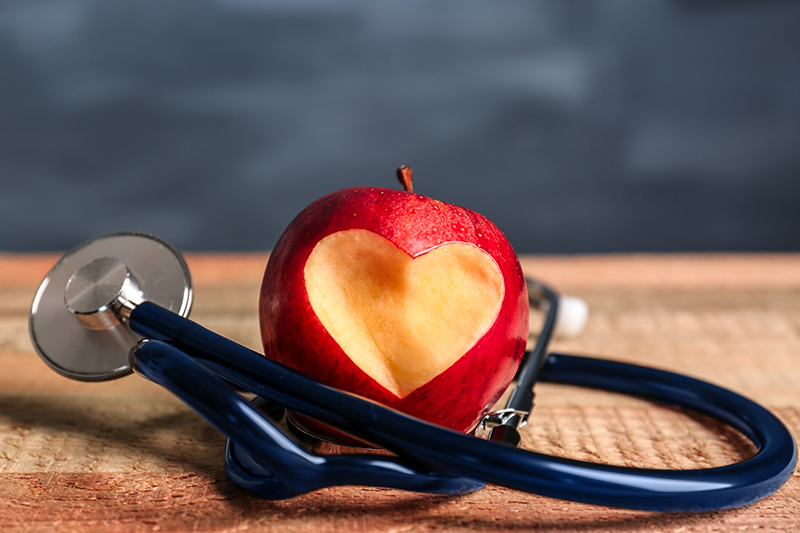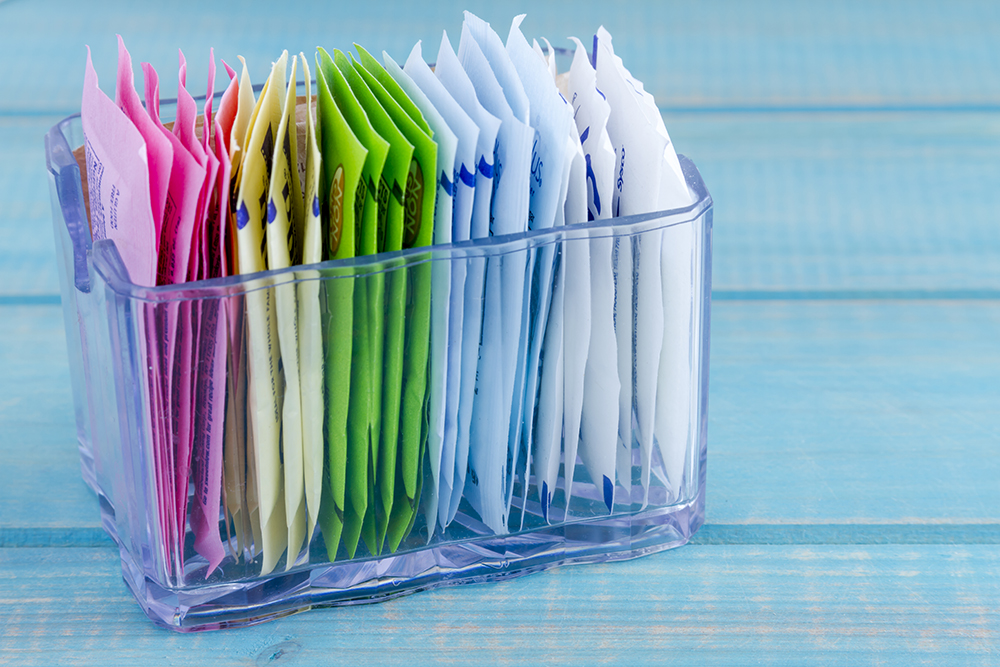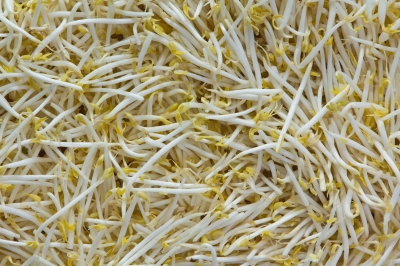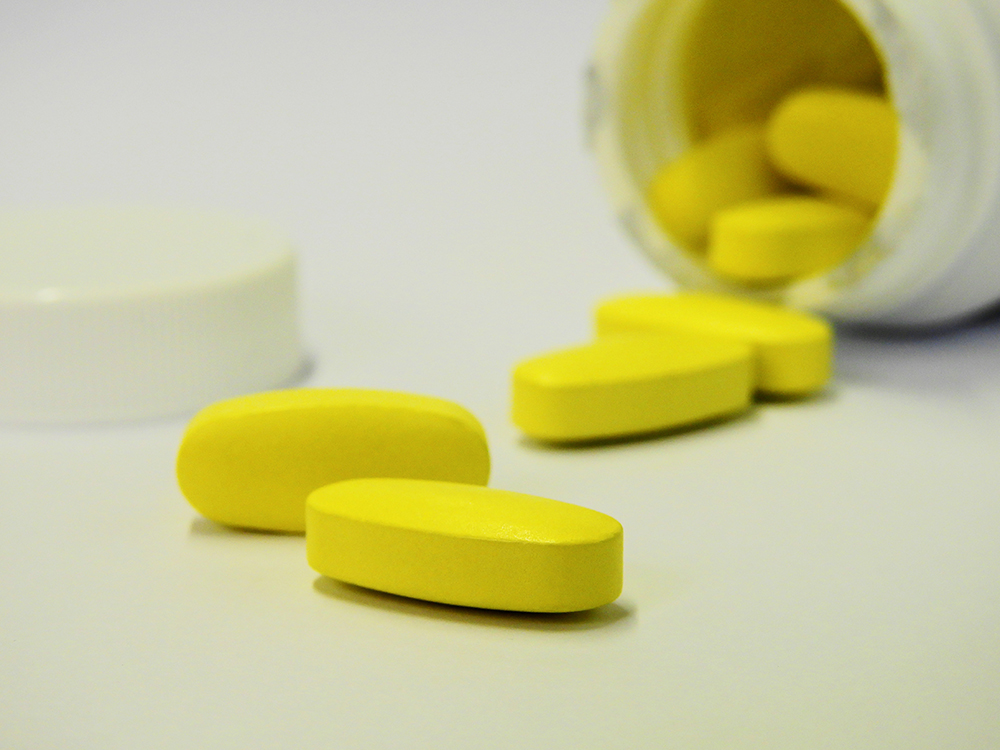
The next several weeks are the most fattening time of the year for most Americans. We’ll be stocking our kitchens with butter and oils, to prepare those giant family feasts and holiday treats we all love. We now know that it’s okay – even advised – to embrace a certain amount of fat in our diets. But the information on what constitutes “good” fat and “bad” fat is rapidly changing!
Jonny Bowden, PhD, CNS, (aka “The Nutrition Myth Buster”) offered to help us understand which fats we should be eating. Dr. Jonny is a nationally known expert on weight loss, nutrition and health. He’s a board-certified nutritionist with a master’s degree in psychology and the best-selling author of 15 books on health, healing, food and longevity, including his latest book (co-written with Dr. Steven Masley), “Smart Fat: Eat More Fat, Lose More Weight, Get Healthy Now!”
Lisa Nelson, RD: Butter or margarine? Which is the best choice?
Dr. Bowden: “Without question, butter. Margarine is one of the dumbest nutritional experiments in history; it was based on the now-obsolete fear of healthy, saturated fats. Butter from grass-fed cows is a perfectly healthy fat; it also contains cancer-fighting fats such as CLA.”
Lisa Nelson, RD: Olive oil is good for everything, right?
Dr. Bowden: “Absolutely not. There are different grades, from plain old “olive oil” to “extra virgin olive oil”. They vary enormously in their ability to stand up to heat. The very expensive extra virgin olive oil, which contains the most polyphenols, should never be used at high heat. With olive oil, as you move up the scale in quality – olive oil, virgin olive oil, extra virgin olive oil – you move DOWN the scale in its ability to stand up to heat. So, plain old olive oil is fine for higher heat application, virgin for medium heat and extra virgin ideally shouldn’t be heated. At the very most you could drizzle it on what you’re cooking at the last minute but ideally, it’s for drizzling and salads. You pay a lot extra for the careful low-heat processing to preserve the delicate health-giving olive polyphenols so it makes no sense to heat the oil and destroy them!”
Lisa Nelson, RD: Should we be using the cheap vegetable oil we all have in our pantries?
Dr. Bowden: “No. It’s highly pro-inflammatory and processed within an inch of its life, so that it basically contains nothing of any value. Some vegetable and seed oils — especially the cold pressed organic kinds such as cold-pressed sesame oil — are fine once in a while. But the exclusive reliance on cheap processed oils such as corn oil, soybean oil or safflower oil contributes mightily to inflammation, which is a promoter of every single degenerative disease.”
Lisa Nelson, RD: What about more exotic oils like coconut, palm and macadamia?
Dr. Bowden: “I love every one of these. Macadamia nut oil is similar to olive oil in that it’s high in monounsaturated fat, but has a higher smoke point. Ditto with avocado oil. Coconut oil has many anti-microbial fats and is great for energy. And Malaysian palm oil is one of my favorite oils of all: it’s sustainable, non-GMO (unlike soy and corn oils), has no trans-fats, is high in carotenoids and tocotrienols, and stands up to moderate heat.”
Lisa Nelson, RD: Is Crisco ok?
Dr. Bowden: “About as OK as a diet of corn dogs and Pepsi. It’s the worst stuff imaginable. It’s much better to use healthy saturated fats: real, organic lard, Malaysian palm oil, coconut oil. They don’t form any really negative compounds that are bad for our bodies.”
Lisa Nelson, RD: Is it worth spending extra money on expensive oils?
Dr. Bowden: “They’re worth it! The better oils are less processed, made with less heat and chemicals, and much more likely to retain whatever health compounds were in them in the first place.”
Lisa Nelson, RD: If someone were to keep one or two oils stocked in their pantry all times, which two healthy cooking oils would you recommend and what would each be best used for?
Dr. Bowden: “I would use avocado oil for high heat, Malaysian palm oil for medium heat and extra virgin olive oil for dressings and drizzling.”
Dr. Bowden adds that nutrients found in Malaysian palm oil are well researched for their benefits on brain and liver health. Those studies can be found at www.palmoilhealth.org.
Selecting heart healthy fats is just one step you can take to promote healthy cholesterol levels. Access additional steps via the free e-course How to Lower Cholesterol in 8 Simple Steps.
All the best,
Lisa Nelson RD
Health Pro for HealthCentral

 Heart failure affects about 5.7 million Americans.
Heart failure affects about 5.7 million Americans. The 2015-2020 Dietary Guidelines for Americans recommends a reduced intake of added sugars to less than 10% of total daily calories. If you consume a 2000 calorie diet, this is equal to less than 12.5 teaspoons of added sugar. The average American consumes 19.5 teaspoons of daily.
The 2015-2020 Dietary Guidelines for Americans recommends a reduced intake of added sugars to less than 10% of total daily calories. If you consume a 2000 calorie diet, this is equal to less than 12.5 teaspoons of added sugar. The average American consumes 19.5 teaspoons of daily. Not only do shoots and sprouts add flavor and texture to meals, they also contribute needed nutrients. Bean sprouts are typically more calorie dense than seed sprouts, but they also contribute more protein.
Not only do shoots and sprouts add flavor and texture to meals, they also contribute needed nutrients. Bean sprouts are typically more calorie dense than seed sprouts, but they also contribute more protein. Multivitamins are marketed as a form of insurance to ‘bridge the gap’ between what you consume and what you need to ensure your needs are met. There’s much debate on whether or not multivitamins are truly beneficial and the potential for them to cause more harm than good.
Multivitamins are marketed as a form of insurance to ‘bridge the gap’ between what you consume and what you need to ensure your needs are met. There’s much debate on whether or not multivitamins are truly beneficial and the potential for them to cause more harm than good. Questions surrounding the consumption of red meat and its contribution to heart disease has led to varied research. A main source of the nutrient choline is red meat and carnitine is derived of amino acids which are protein building-blocks. Red meat is a rich source of protein. Hence this exploration into whether or not we have another reason to reduce red meat consumption.
Questions surrounding the consumption of red meat and its contribution to heart disease has led to varied research. A main source of the nutrient choline is red meat and carnitine is derived of amino acids which are protein building-blocks. Red meat is a rich source of protein. Hence this exploration into whether or not we have another reason to reduce red meat consumption.

